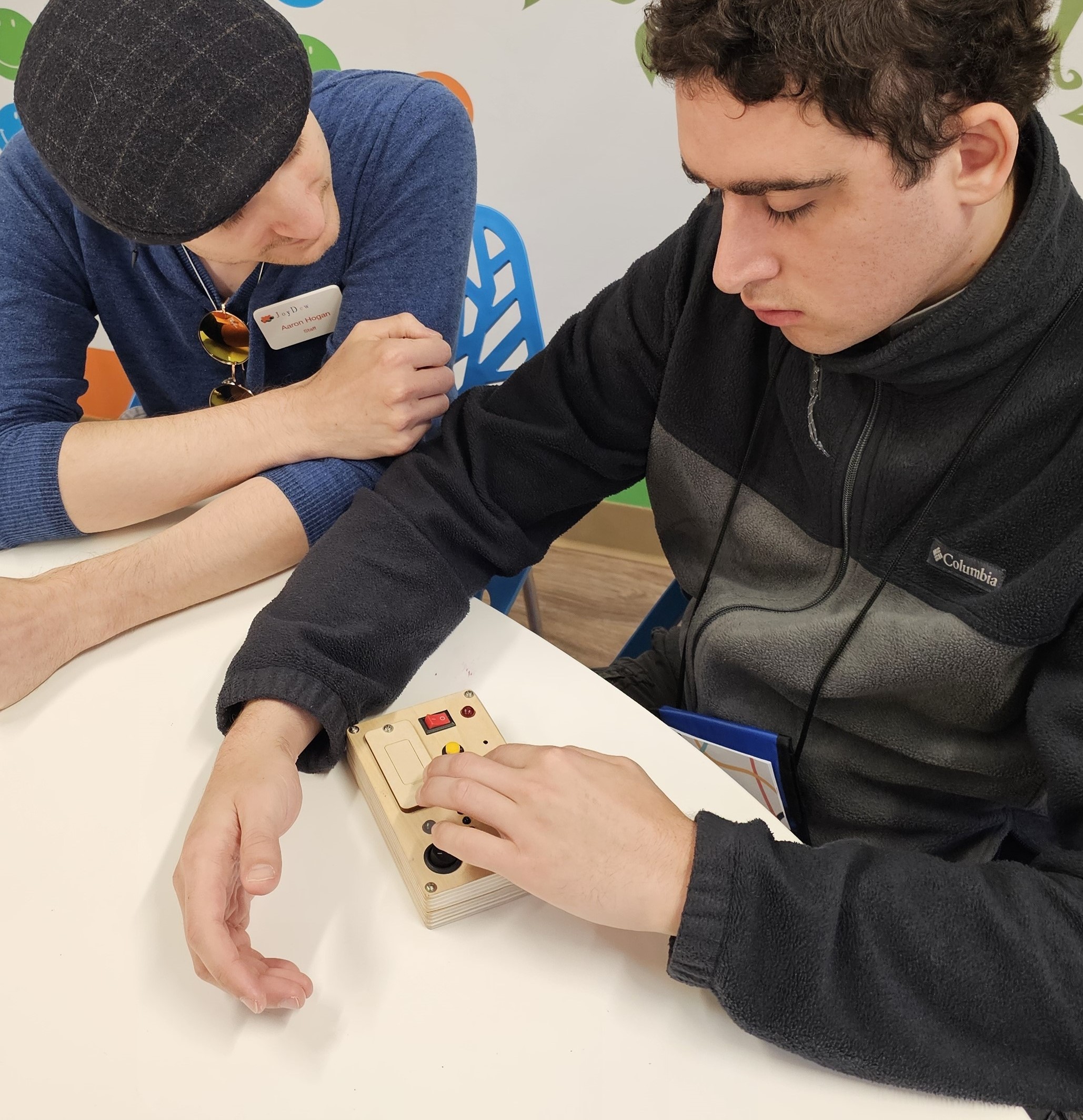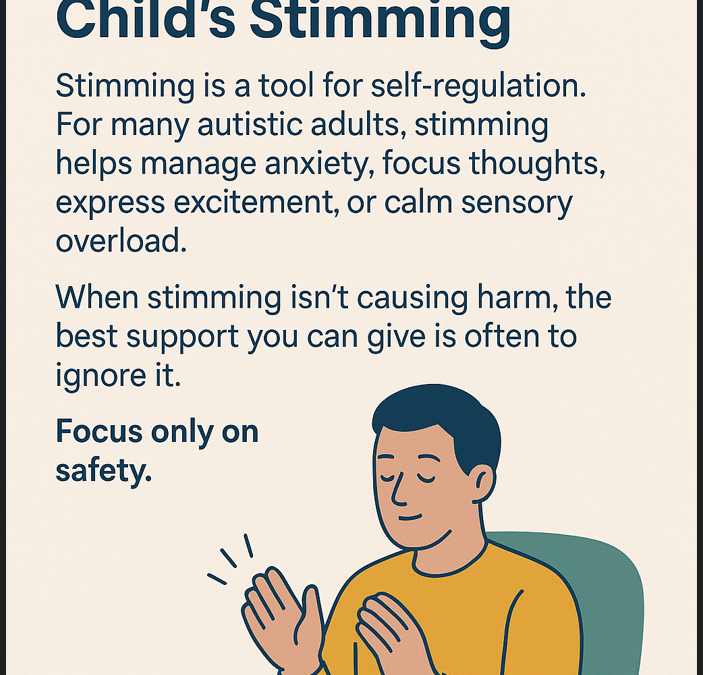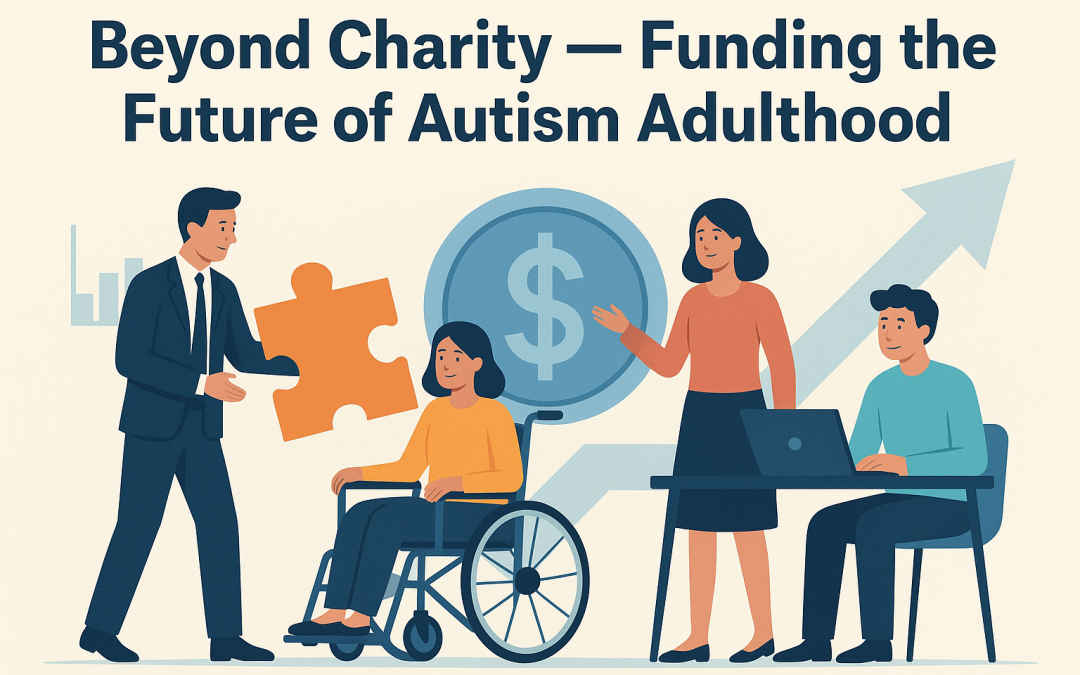Many adults on the autism spectrum are bright, capable, and eager to learn, but often find themselves held back by early educational experiences that underestimated their potential. During childhood, many autistic students were placed in programs focused primarily on behavior management (ABA) rather than true academic learning. Others were misdiagnosed as having intellectual disabilities simply because they communicated differently or processed information in nontraditional ways. The result? Gaps in literacy, math, or executive functioning that limit opportunities later in life.
For parents of adults on the spectrum, it can be painful to realize that your child’s intellect was never the problem; access was. Traditional special education often prioritized compliance over curiosity, overlooking critical thinking, creativity, and problem-solving. These skills are essential for adult independence, yet many autistic adults never received the chance to develop them in school.
Academic enrichment can change that story. Programs tailored for adults with autism focus on rebuilding core skills while tapping into areas of natural strength, such as pattern recognition, detail focus, and memory. Whether it’s mastering digital tools, strengthening communication, or exploring higher education with proper accommodations, continued learning restores confidence and opens real career paths.
It’s never too late. With the right environment, one that is patient, adaptive, and respectful of different learning styles, autistic adults can thrive academically and professionally. Parents can advocate for enrichment opportunities that honor their adult child’s intelligence and unlock the potential that was always there.




